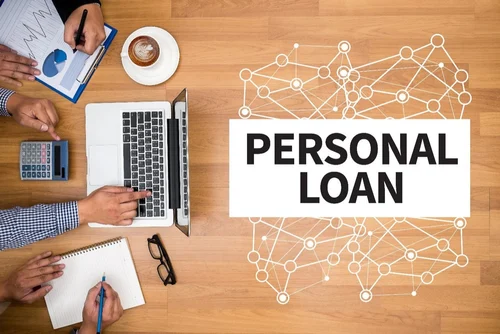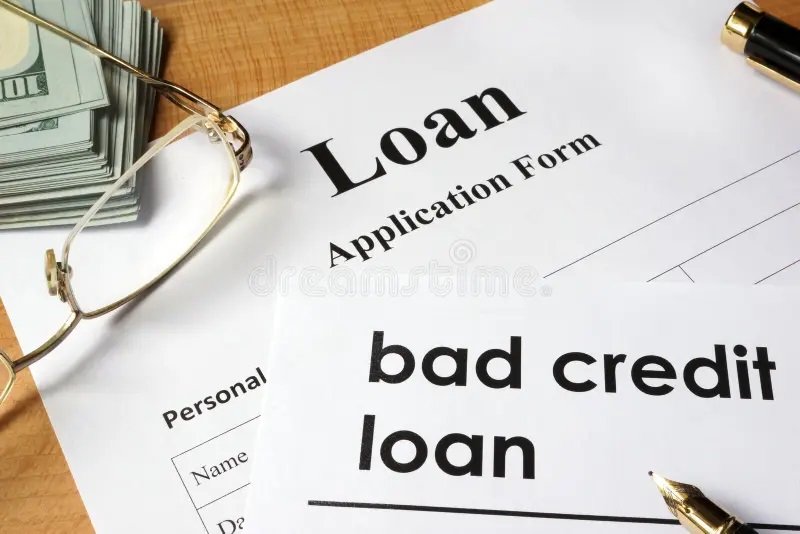The Nigerian Federal Government, through various schemes and programs, offers financial assistance in the form of grants and loans to support individuals, small businesses, and entrepreneurs. These grants and loans aim to alleviate poverty, boost economic growth, and encourage entrepreneurial activities across the country. One notable initiative is the N50,000 grant, which has gained considerable attention for its potential to empower beneficiaries. This article provides a comprehensive guide on how to apply for these grants and loans, including eligibility requirements, application processes, and useful tips to increase your chances of success.
What are Federal Government Grants and Loans?
Grants and loans offered by the Nigerian Federal Government are designed to support different sectors of the economy, including agriculture, education, healthcare, and small and medium-sized enterprises (SMEs). Unlike loans, which need to be repaid with interest, grants are non-repayable funds provided to individuals or organizations for a specific purpose.
Key Differences Between Grants and Loans
- Grants: Non-repayable funds provided for a specific purpose, often based on need or merit. They do not require repayment.
- Loans: Funds provided that must be repaid over time with interest. Loans are usually based on creditworthiness and the ability to repay.
FGN and CBN Loan Eligibility Requirements
Before applying for a grant or loan, it is crucial to understand the eligibility criteria. These criteria vary depending on the specific program but generally include:
- Age: Applicants must often be within a specific age range, such as 18-35 years for youth-targeted programs.
- Citizenship: Applicants must be Nigerian citizens.
- Business Registration: For business-related grants and loans, applicants must have a registered business with the Corporate Affairs Commission (CAC).
- Purpose of Funds: Clear and viable business or project plan detailing how the funds will be used.
- Financial Records: For existing businesses, accurate financial records may be required.
- Location: Some programs are targeted at specific geographical areas or communities.
How to Apply for the N50,000 Federal Govt Grant
The N50,000 grant is designed to provide financial assistance to small businesses and individuals to stimulate economic activities. Here’s a step-by-step guide on how to apply:
Step 1: Research Available Programs
Different programs may offer the N50,000 grant, so it’s essential to research and identify the specific program that best suits your needs. Some popular programs include the Government Enterprise and Empowerment Programme (GEEP), TraderMoni, and MarketMoni.
Step 2: Check Eligibility
Once you have identified a suitable program, review the eligibility criteria to ensure you qualify. Pay attention to details such as age, business type, and location requirements.
Step 3: Prepare Required Documents
Gather all necessary documents before starting your application. Commonly required documents include:
- Proof of identity (National ID, Voter’s Card, or International Passport)
- Business registration certificate (if applicable)
- Business plan or project proposal
- Financial records (for existing businesses)
Step 4: Complete the Application Form
Visit the official website of the selected program or the relevant government portal to access the application form. Carefully fill out the form, ensuring all information is accurate and complete. Double-check for any errors before submission.
Step 5: Submit the Application
Submit your completed application form along with the required documents through the specified channel. This may be online submission via a portal or physical submission at designated offices.
Step 6: Follow Up
After submission, regularly check your email and the program’s official website for updates on your application status. Be prepared to provide additional information or attend interviews if required.
How to Apply for Federal Government Loans
Applying for a loan from the Nigerian Federal Government involves several steps similar to the grant application process. However, loans require additional documentation to demonstrate your ability to repay.
Step 1: Identify Suitable Loan Programs
The Federal Government offers various loan programs, such as the Anchor Borrowers’ Programme (ABP), National Youth Investment Fund (NYIF), and the Bank of Industry (BOI) loans. Research and select the program that aligns with your needs.
Step 2: Review Eligibility Criteria
Each loan program has specific eligibility requirements. Ensure you meet the criteria before proceeding with your application.
Step 3: Gather Necessary Documents
Prepare the required documents, which typically include:
- Proof of identity
- Business registration documents
- Detailed business plan
- Financial statements
- Credit history report
Step 4: Complete the Loan Application Form
Access the application form through the official program website or the designated government portal. Fill out the form accurately, providing all requested information.
Step 5: Submit the Application
Submit the application form and accompanying documents through the appropriate channel. This may involve online submission or physical submission at designated offices.
Step 6: Await Approval and Disbursement
After submission, monitor your application status through the official website or contact points. If approved, you will receive the loan amount according to the program’s disbursement schedule.
Tips for a Successful Application
- Detailed Business Plan: A well-structured business plan can significantly enhance your chances of success. It should outline your business objectives, target market, financial projections, and how the funds will be utilized.
- Accurate Information: Ensure all information provided in the application form is accurate and verifiable. Inaccurate or false information can lead to disqualification.
- Compliance with Requirements: Adhere strictly to the eligibility criteria and submission guidelines. Non-compliance can result in rejection of your application.
- Professionalism: Present your documents professionally, ensuring they are well-organized and free of errors.
- Follow Instructions: Carefully read and follow all instructions provided in the application process to avoid common mistakes.
Frequently Asked Questions (FAQs)
1. What is the primary purpose of the N50,000 grant?
The N50,000 grant aims to provide financial assistance to small businesses, entrepreneurs, and individuals to support economic activities and alleviate poverty. It helps beneficiaries start or expand their businesses, ultimately contributing to economic growth and job creation.
2. Can I apply for both a grant and a loan simultaneously?
Yes, it is possible to apply for both a grant and a loan simultaneously if you meet the eligibility criteria for both programs. However, ensure that each application is tailored to the specific requirements and objectives of the respective programs.
3. How long does it take to process a grant or loan application?
The processing time for grant and loan applications varies depending on the program. It can take anywhere from a few weeks to several months. Regularly check the program’s official website or contact their support team for updates on your application status.
4. What happens if my application is rejected?
If your application is rejected, carefully review the reasons provided for the rejection. Address any issues or deficiencies in your application and consider reapplying if allowed. You may also explore other grant and loan programs that align with your needs.
5. Are there any fees involved in the application process?
The application process for government grants and loans is generally free. Be cautious of any third parties or individuals requesting fees for processing your application, as this could be a scam. Always use official channels and verify the legitimacy of any requests for payment.
Conclusion
Applying for N50,000 Nigeria Federal Government grants and loans can be a significant step towards achieving your business and financial goals. By understanding the application process, meeting the eligibility requirements, and preparing thoroughly, you can enhance your chances of securing the financial support you need. Remember to stay informed about new programs and opportunities, and always use official government channels to avoid scams and fraud.
Taking advantage of these grants and loans not only benefits you as an individual or business owner but also contributes to the overall economic development of Nigeria. Empowering small businesses and entrepreneurs through financial assistance is a crucial aspect of building a robust and sustainable economy.









